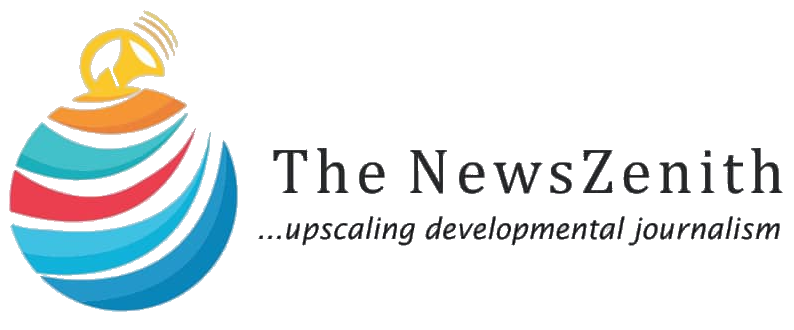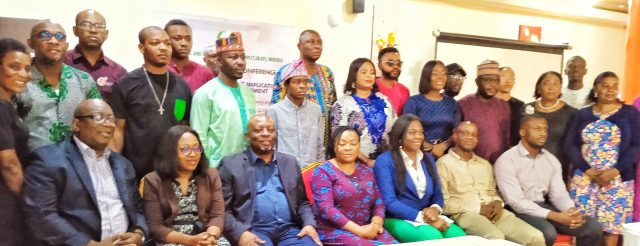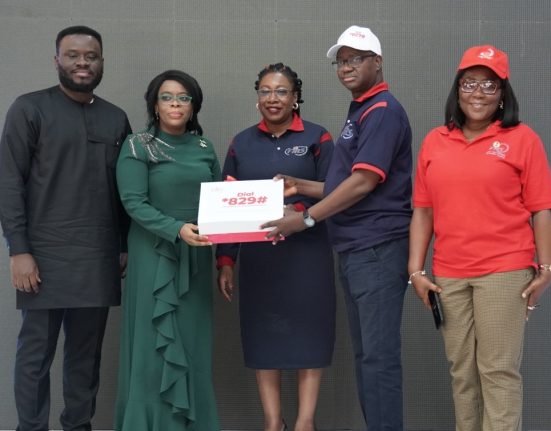The Federal Inland Revenue Service (FIRS) and Civil Society Organisations (CSO) have called for deliberate measures to curb revenue leakages so as to boost tax generation in the country.
They made the call at a National Tax Conference organised by International and National Civil society organisations (also known as) Tax Justice and Governance Platform in Abuja.
The theme of the conference is “Tax Expenditure and the Implication for National Development”.
Mr John Ikata, Head of Tax Expenditure at FIRS, advised the public to be more responsive to taxation, adding that tax, all over the world, drives the nation.
Ikata said that without taxation, it would be impossible to generate revenue for infrastructural development and social amenities.
He appealed to citizens should be responsive to tax.
“The workshop is in a positive light.
“The government is losing revenue through tax incentives and we are trying to block the revenue leakages.
“These losses are in the form of tax incentives and from this conference, it is assumed that if some incentives are stopped, the government can earn more revenue.
Read Related News:
“Although from the taxpayer’s point of view, we may have slightly different opinions on that because the government is giving incentives for special reasons.
“When you do some impact analysis of those incentives viz-a-viz what is being lost, you will see that there might be a marginal impact on the society,’’ Ikata said.
Chinedu Bassey, National Coordinator for the Tax Justice and Governance Platform, said tax expenditure is important to national growth.
“However, the government is giving away resources meant to provide essential services to the people.
“These incentives go to multinational companies; we have been on this for a long while.
“But considering the nation’s economic situation, we need all the resources to provide these services for the people.
“We need to reiterate the importance of why the government should still have a rethink on this concept,’’ he said.
Celestine Odo, Programme Manager at the Governance and Actionaid, said that Nigeria has many challenges with tax system.
“That, however, does not foreclose the improvements,” Odo said.
He noted that the major challenge is building a dependable database of taxpayers in Nigeria.
According to him, this will enable government to know the number of people paying and the amount they pay.
“So, if we should have that, it will boost the revenue.
“This also means bringing in high net-worth of individuals, who should be paying tax, into the tax database.”
Odo spoke on the need to re-evaluate the revenue allocation to determine the productive effect of spending on the economy.
Henry Ushie, Project Coordinator, Fiscal Accountability for Inequality Reduction, Oxfam, remarked that Nigeria’s tax system has many problems.
He listed them as multiple taxations, illicit financial flows and multiplicity of taxes, particularly within the informal sector.
Do you have a flair for Citizenship Journalism? Share story(ies) of happenings in your area with The NewsZenith on WhatsApp: 08033668669 or thenewszenith@gmail.com








1 Comment